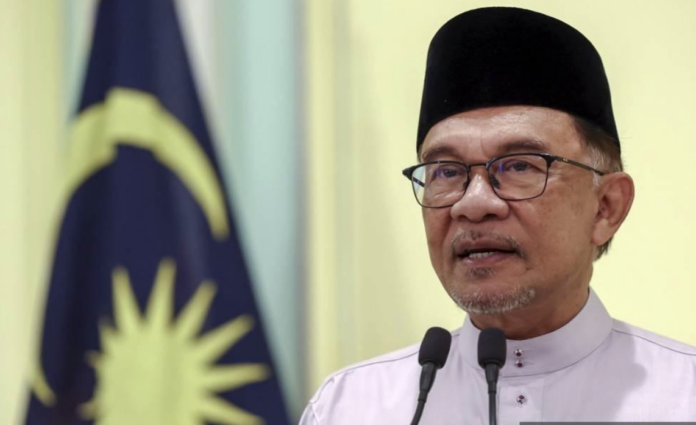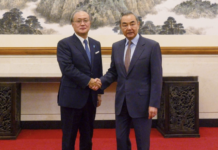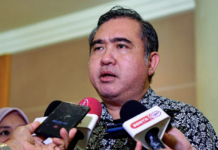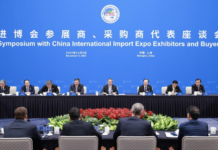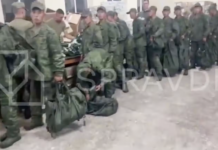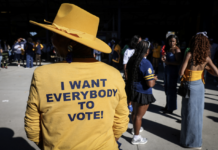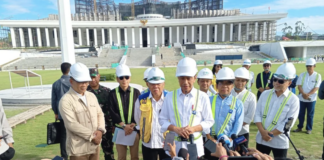KUALA LUMPUR, March 19 – Malaysia’s Prime Minister Datuk Seri Anwar Ibrahim’s vocal criticism of Western countries for their inaction against Israel’s atrocities in Gaza during his recent official visit to Germany serves as a wake-up call not only in Europe but also in the North Atlantic, including the United States.
Universiti Malaya’s Asia Europe Institute (AEI) deputy executive director Associate Prof Dr Roy Anthony Rogers said Anwar’s call is timely, as the Western leaders, who have been promoting human rights, are seen as united in condemning Russia in the Russia-Ukraine conflict but exhibit a dichotomy when addressing the Palestine-Israel issue.
“The West needs to be alert, provide fair viewpoints, and take action on Gaza. The crisis in Gaza has persisted for the past seven decades,” he said in an online interview for the Bernama World with Melissa Ong programme, produced by Bernama TV on Monday.
Anwar gained international attention when he criticised Western countries during a joint press conference with German Chancellor Olaf Scholz in Berlin on March 11 while on his six-day official visit to Germany for their failure to act against Israel’s atrocities in Gaza.
Anwar condemned Western countries for their inaction against Israel’s atrocities in Gaza, questioning the humanity of the West and condemning their “selective” and “ambivalent” attitude towards the conflict.
Anwar’s criticism of Western countries’ lack of action against Israel’s atrocities in Gaza has drawn support from prominent figures across various fields globally.
Roy Anthony emphasised that Anwar’s stance demonstrated Malaysia, which is not a huge country even within Southeast Asia, is willing and dare to make a point without fear or favour, even in the heart of Europe, such as Germany.
“Anwar’s criticism of the West on the Gaza issue also highlighted Malaysia’s consistent support for the Palestinian cause since 1967, a practice upheld by various administrations in the country,” he said.
Roy Anthony underscored that Malaysia’s foreign policy has consistently opposed occupation, citing the country’s support for anti-Apartheid in South Africa and anti-ethnic cleansing in Bosnia during the 1990s.




